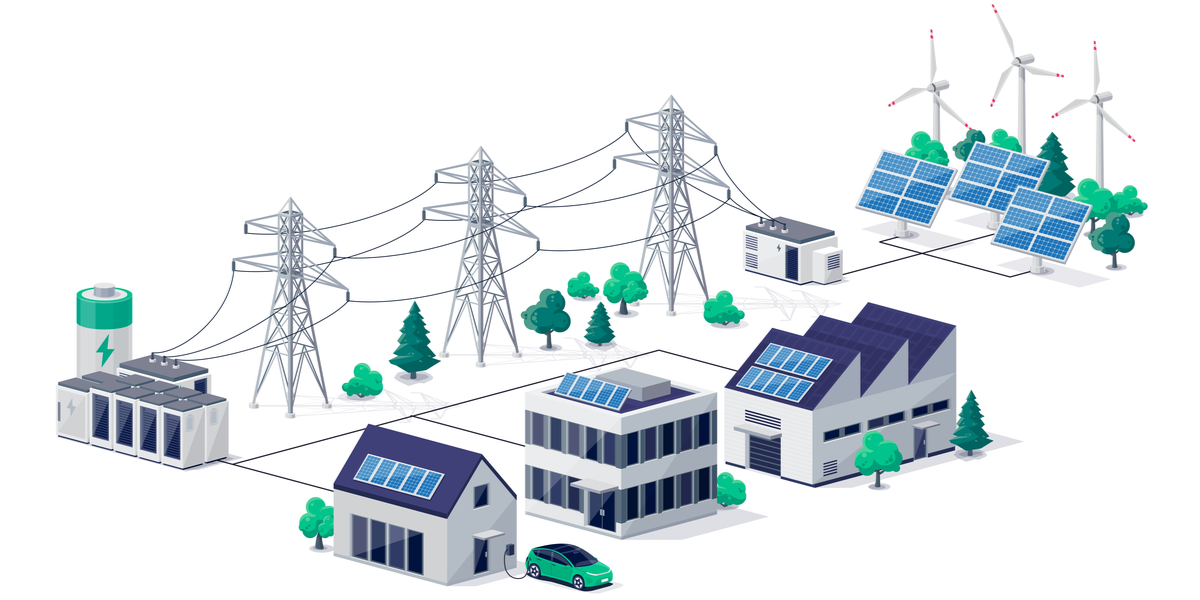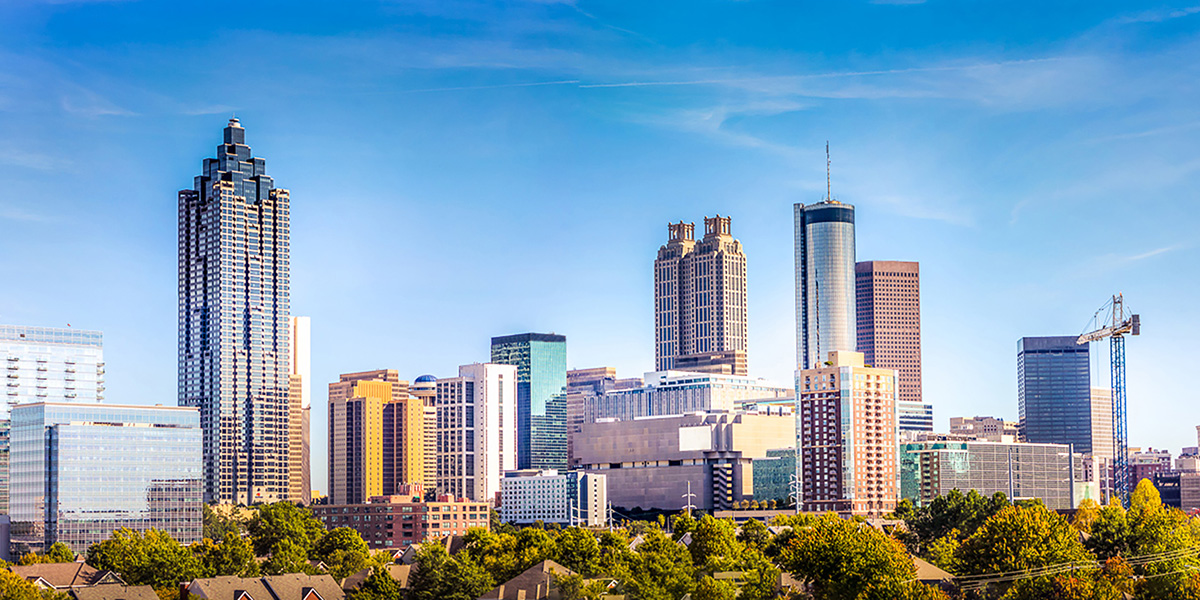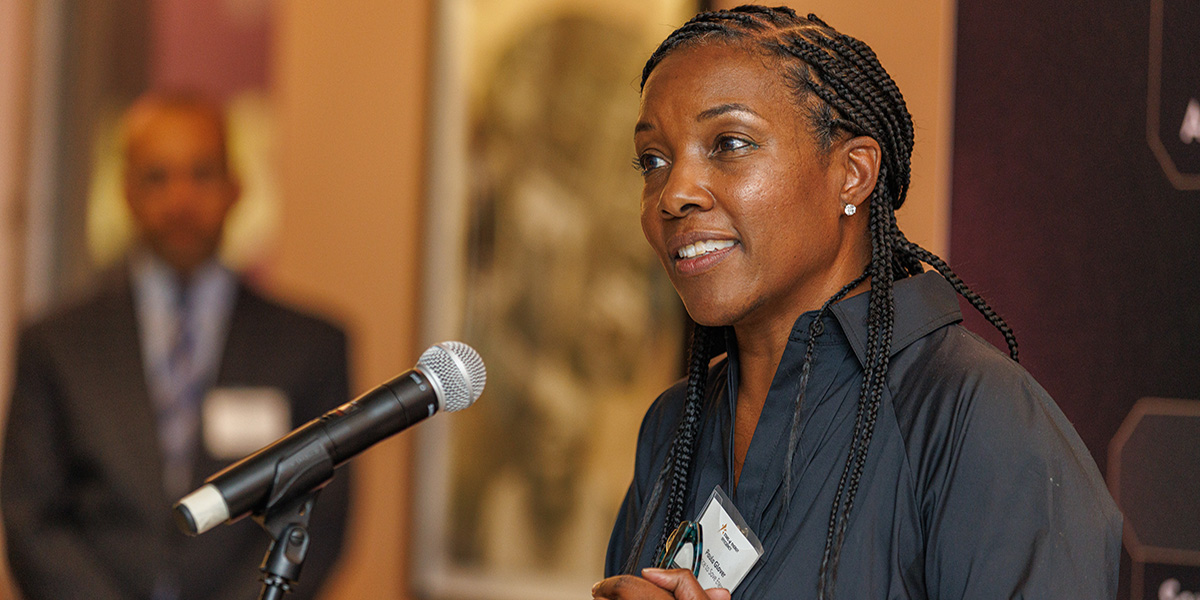Vietnamese Delegation Learns Energy Efficiency Best Practices
Let's Save Energy
Alliance to Save Energy's Blog
Vietnamese Delegation Learns Energy Efficiency Best Practices

The U.S. Agency for International Development (USAID)’s Vietnam Clean Energy Program (VCEP) recently concluded another successful tour as part of its five-year initiative to reduce energy consumption in Vietnam through improved energy efficiency in the building sector. Initiated in 2012, the program has been implemented by Winrock International with support from the Alliance to Save Energy. Successfully building upon the first study tour in fall 2014, the main objectives in this year’s study tour included promoting the implementation of Vietnam’s new building energy code and highlighting green building technologies.
Seven Vietnamese delegates — from the Vietnamese Ministry of Construction (MOC) and Hanoi Department of Construction — were accompanied by three Hanoi-based VCEP staff members and two Alliance staff members on a two-week visit (June 6-21) with stops in Washington, D.C., central Florida and Los Angeles.
Washington, D.C.
In Washington, D.C., the delegation met with representatives from USAID, Department of Energy, General Services Administration, U.S. Green Building Council (USGBC), the Embassy of Canada and others. Highlights included a behind the scenes tour of the Embassy of Canada’s LEED Silver building and the USGBC’s LEED Platinum headquarters. The delegation also continued conversations from the last study tour on potential collaborations with the American Institute of Architects (AIA) and American Society of Heating, Refrigerating and Air-Conditioning Engineers (ASHRAE). At AIA, discussions focused on opportunities for partnership between AIA and the Vietnamese Institute of Architects (VIA), such as translating courses from AIAU to Vietnamese or involving VIA researchers in AIA’s Committee on the Environment (COTE).
Central Florida
The delegation traveled to Florida in an effort to understand and observe the techniques used in a climate similar to Vietnam. The delegates were interested in understanding the roles architects, engineers and builders played in creating energy efficient buildings, and what policies were necessary to support their design and construction.
In Cocoa Beach, the delegation visited the Florida Solar Energy Center (FSEC) and discussed the possibility of a collaboration between FSEC, the University of Central Florida, the MOC and Vietnamese universities. The delegation also visited Cocoa High School for a demonstration of its CALMAC Ice Bank Energy Storage tank in a hot and humid climate. These storage tanks create ice during off-peak hours and store the energy onsite; during the day, the energy is discharged to melt the ice for continuous cooling throughout the day when costs are greatest. Overall, this method is reported to lower cooling bills up to 40 percent.
Los Angeles
The final leg of the VCEP study tour was in Los Angeles, California. Shortly after landing, the delegation met with the Chief Building Engineer at the historic PacMutual Building which has recently been renovated and deemed Southern California’s oldest LEED E-B Platinum building. The delegation also
visited Southern California Edison (SCE) for a tour of SCE’s Energy Education Center and immersed themselves in hands-on exhibits that compare innovative energy efficiency technology for commercial, industrial and residential use.
The delegation was also able to meet with CBRE during their time in the Los Angeles area, where they discussed the WELL Building Standard, newly developed by Delos. This standard focuses on human health and wellness with performance standards based on occupant health in the built environment.
Over the course of two weeks, the delegation met with many organizations, including several which are not highlighted here. The wide range of topics — high performing building demonstrations, different codes and standards used throughout U.S. and abroad, educational opportunities for university students and architects, and several others — resulted in a study tour that was well-rounded and helped lay the foundation for potential collaborations between the U.S. and Vietnam on energy efficiency.
STAY EMPOWERED
Help the Alliance advocate for policies to use energy more efficiently – supporting job creation, reduced emissions, and lower costs. Contact your member of Congress.
Energy efficiency is smart, nonpartisan, and practical. So are we. Our strength comes from an unparalleled group of Alliance Associates working collaboratively under the Alliance umbrella to pave the way for energy efficiency gains.
The power of efficiency is in your hands. Supporting the Alliance means supporting a vision for using energy more productively to achieve economic growth, a cleaner environment, and greater energy security, affordability, and reliability.



